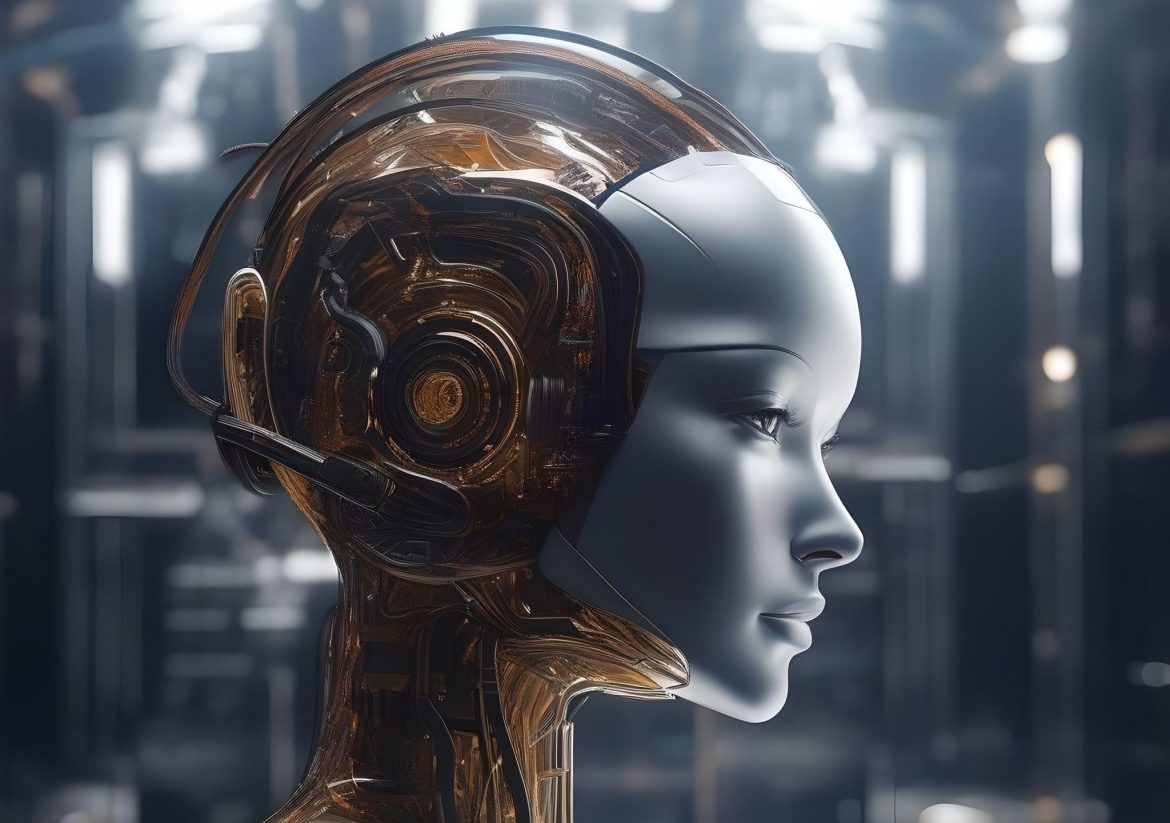The amazing ability of artificial intelligence to carry out cognitive tasks that were previously believed to be exclusive to the human brain excites me greatly. Artificial intelligence (AI) is changing the way we interact with technology. From machine learning algorithms that can analyse massive quantities of data and spot trends to natural language processing systems that can hold conversations and comprehend context, AI is changing how we interact with technology.
AI’s absolutely astounding capacity for thought, reasoning, learning, and problem-solving opens up countless opportunities for breakthroughs in a variety of industries, including healthcare, finance, education, and more. AI will undoubtedly continue to push boundaries and propel innovation forward at a never-before-seen rate, given its amazing capacity for adaptation and development over time.
Artificial intelligence (AI) has the potential to enhance accuracy and efficiency in various sectors, including healthcare, finance, and teaching and learning. It aids in disease diagnosis, treatment plan customization, patient outcome prediction, market trend evaluation, fraud detection, and investment planning.
The ethical concerns of AI use must be taken into consideration by society as it develops and becomes more sophisticated. To guarantee that AI is used responsibly and ethically, concerns including data privacy, algorithmic prejudice, and job displacement need to be properly considered. All things considered, artificial intelligence has a lot of fascinating potential applications, but we must proceed cautiously and strategically in its development.

